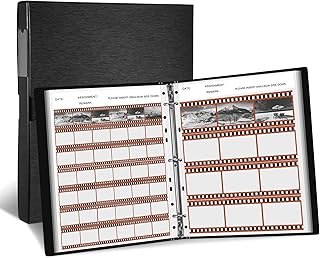The digitisation of the Melanesian Film Archive marks a significant milestone in preserving a valuable collection of medical and anthropological films. Curtin University has been the custodian of this archive, which includes films related to the neurodegenerative disease kuru and the work of Professor Michael Alpers. The physical films were previously inaccessible due to their original format, but thanks to a partnership with the Digitisation Centre of Western Australia (DCWA), these films have now been digitised.
The collaboration between DCWA and Curtin University began with a successful bid for a grant, leading to the establishment of DCWA. The digitisation process involved scanning films dating back to the 1920s, capturing a way of life that has evolved over the decades. Dedicated digitisation officers at DCWA scanned 674 films, resulting in over 262 hours of footage and 242.46 TB of data. This project stands as the largest digitisation effort for both Curtin University and DCWA.
With the digitisation complete, these ethnographic films are now preserved to archival standards and accessible to research communities globally. The initiative also opens up possibilities for returning the films to their source communities in the future. Additionally, the digitisation has facilitated the creation of new films and the annotation of existing catalogue records, enriching the archive’s content and accessibility.
One of the digitisation officers, Jameson Feakes, expressed gratitude for being part of this project and emphasized the value of preserving such unique archival material. The process of digitising the films involved meticulous inspection, cleaning, and scanning using advanced equipment that supports multiple film gauges and resolutions. Basic colour correction was applied as needed, ensuring the quality and accuracy of the digitised footage.
Upon completion of scanning, the digitised files were transferred to Curtin University for processing and uploading to digital repositories. The DCWA retained the digitised films for a specified period before transferring the files to the client, ensuring seamless access and long-term preservation. The successful digitisation of the Melanesian Film Archive highlights the importance of preserving cultural heritage and making it accessible for research and education purposes.
For more information about the digitisation process and services offered by DCWA, visit their website at www.dcwa.au. The partnership between DCWA and Curtin University exemplifies the collaborative efforts in preserving and sharing valuable cultural assets for future generations.
📰 Related Articles
- University HDR Students Access Varied Funding for Research Support
- HIV Vaccine Research Faces Funding Halt Amid Global Concerns
- eCLUTCH and BLAST Forge Global Esports Broadcast Partnership
- Zurich Seville Marathon Showcases Elite Athletes and Global Unity
- Zoomark 2025 Showcases Global Pet Industry Growth and Innovation






